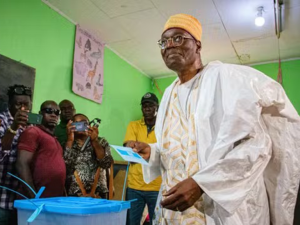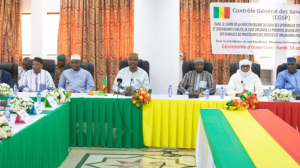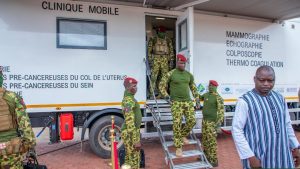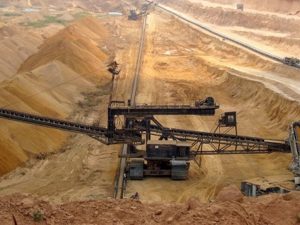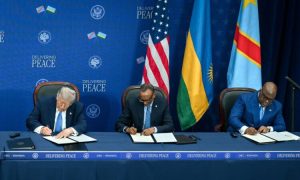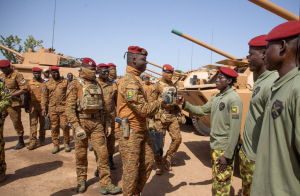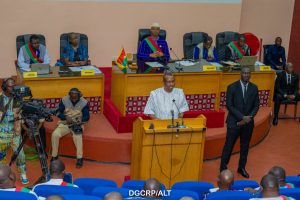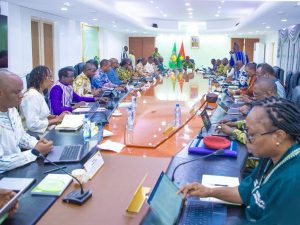Cameroon / Water Crisis: Between Shortages and Government Indifference
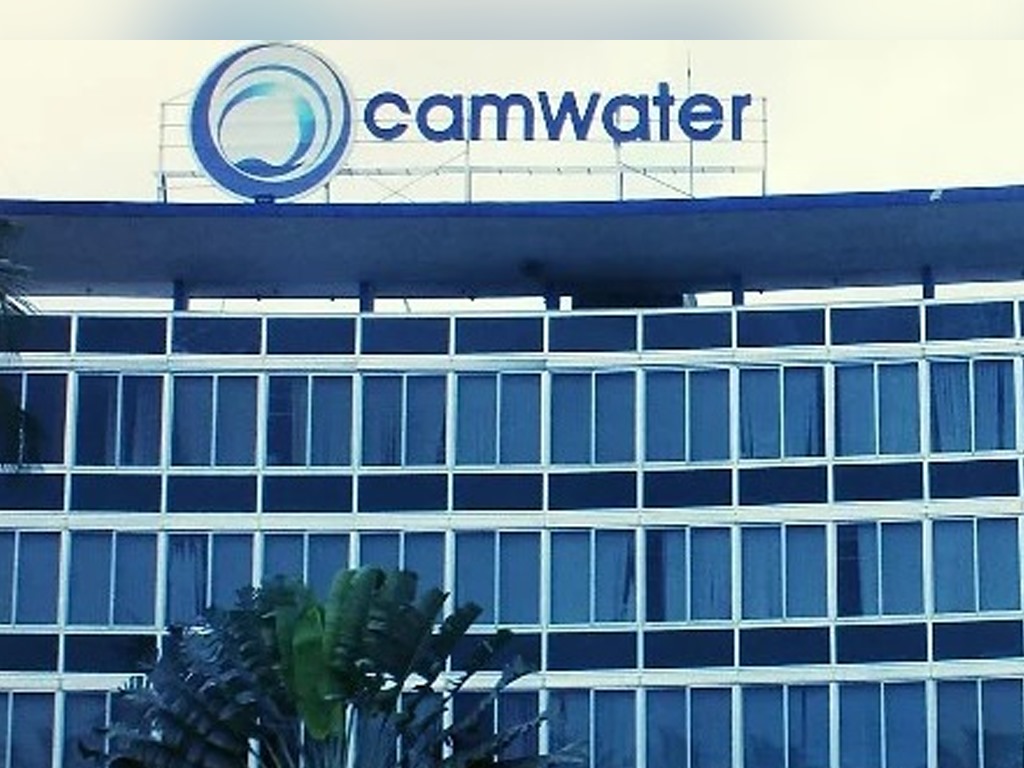
Cameroon is in the midst of an unprecedented water crisis, affecting nearly every region and city in the country, from Douala to Yaoundé, Bafoussam, Bangangté, Ebolowa, Sangmelima, Obala, Mokolo, Maroua, Ngaoundéré, Bamenda, and many others. Citizens are living a daily reality marked by a lack of access to clean water, a situation that varies in intensity from one region to another.
In neighborhoods in Yaoundé such as Olembe, Emana, Nkoabang, and in Douala, including Makepe Missoke, Cité Sic, and Cité des Palmiers, households enduring periods of scarcity range from weeks to months.
The once life-sustaining taps have fallen silent, depriving residents of the essential element for their survival. Even in cities like Bangangté, the situation has become a distressing way of life.
People can barely recall the last time a drop of water flowed from their taps, now reduced to mere household decorations.
To cope with this crisis, the more affluent invest in private boreholes or buy water from individuals, an expensive option.
Meanwhile, less privileged families depend on the generosity of those with access to water.
This problem is exacerbated by the fact that the Cameroon Water Utilities Corporation (Camwater) continues to send monthly bills to families, demanding regular payments.
Camwater’s General Manager, Blaise Moussa, appears indifferent to the suffering of the population, enjoying mineral water and quality wine with his associates while thousands of Cameroonians struggle for access to clean water.
Little-known is the fact that Cameroon possesses abundant water resources, thanks to its numerous rivers.
However, mismanagement of water distribution infrastructure and the apparent indifference of the government to address this persistent crisis contribute to the problem.
The consequences disproportionately affect women, who often have to travel long distances to find water.
It is time for Cameroonian authorities to take concrete measures to address this humanitarian crisis.
Citizens should not be forced into dependence on various levels to access such a fundamental need.
The current situation calls for national awareness and immediate actions to ensure adequate water supply for all citizens.
Yann ETERNEL








